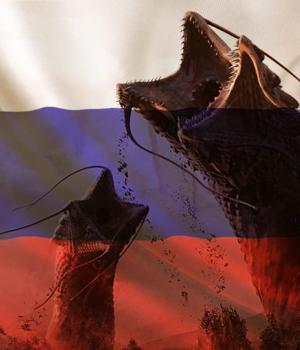Security News > 2022 > April > US offers $10 million reward for tips on Russian Sandworm hackers

The U.S. is offering up to $10 million to identify or locate six Russian GRU hackers who are part of the notorious Sandworm hacking group.
Today, the U.S. Department of State announced that they are seeking information on six Russian officers of the Main Intelligence Directorate of the General Staff of the Armed Forces of the Russian Federation for their alleged role in malicious cyberattacks against U.S. critical infrastructure.
Destructive malware attacks against Ukraine's electric power grid, Ministry of Finance, and State Treasury Service, using malware known as BlackEnergy, Industroyer, and KillDisk;.
The 2017 destructive malware attacks that infected computers worldwide using malware known as NotPetya, including hospitals and other medical facilities in the Heritage Valley Health System in the Western District of Pennsylvania; a FedEx Corporation subsidiary, TNT Express B.V.; and a large U.S. pharmaceutical manufacturer, which together suffered nearly $1 billion in losses from the attacks;.
December 2017 through February 2018 intrusions into computers supporting the 2018 PyeongChang Winter Olympic Games, which culminated in the Feb. 9, 2018, destructive malware attack against the opening ceremony, using malware known as Olympic Destroyer;.
April 2022 attacks on a large Ukrainian energy provider with a new variant of the Industroyer malware for industrial control systems and a new version of the CaddyWiper data destruction malware.
News URL
Related news
- US charges Chinese hackers linked to critical infrastructure breaches (source)
- Ex-NSA boss: Election security focus helped dissuade increase in Russian meddling with US (source)
- Russian Hackers Exploit CVE-2025-26633 via MSC EvilTwin to Deploy SilentPrism and DarkWisp (source)
- Russian hackers attack Western military mission using malicious drive (source)
- Chinese hackers target Russian govt with upgraded RAT malware (source)
- Hackers Abuse Russian Bulletproof Host Proton66 for Global Attacks and Malware Delivery (source)
- Russian Hackers Exploit Microsoft OAuth to Target Ukraine Allies via Signal and WhatsApp (source)